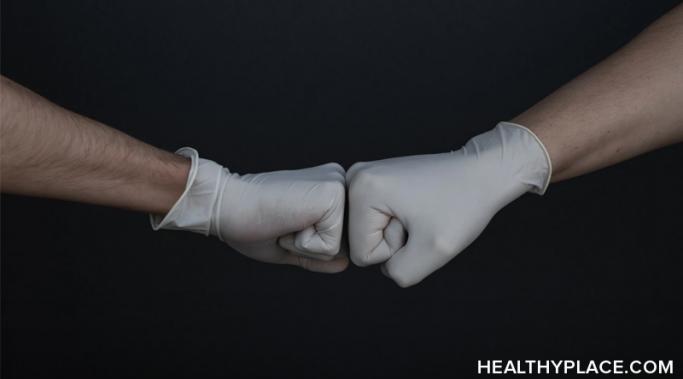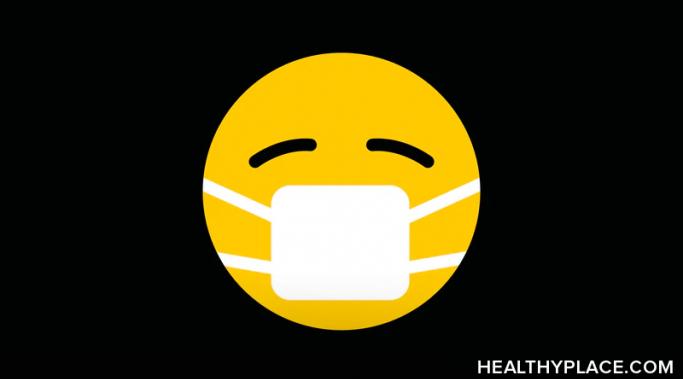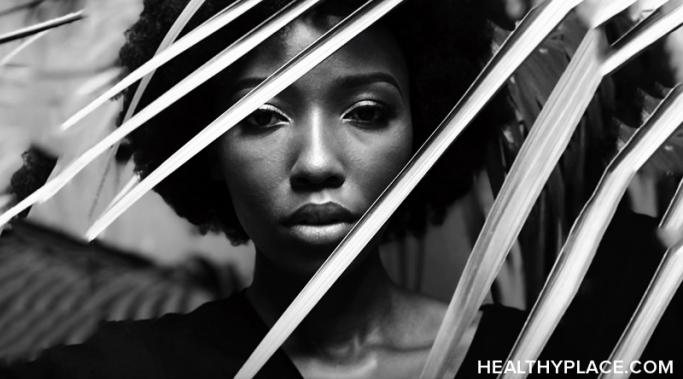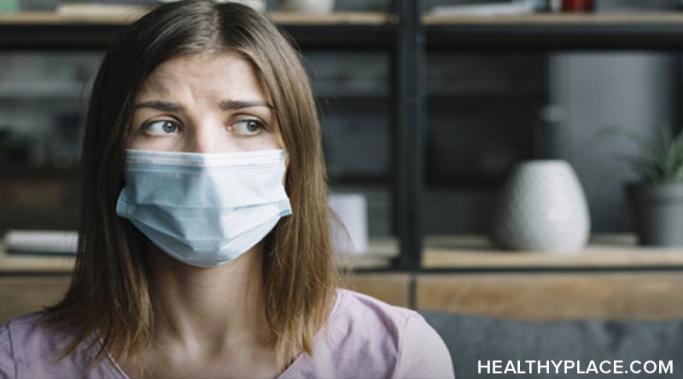Blogs
Anxious thoughts can be overwhelming, crushing, and exhausting. Cognitive behavioral therapy and other similar therapies teach that anxious thoughts are frequently more problematic than an actual anxiety-provoking situation. Problems do exist--we aren't making them up--but what causes us great stress and anxiety is how we think about the problem.
Coronavirus isolation is new, but here's the thing: coronavirus has made our planet its home for a while now. Although it showed up in December 2019, it is only in the month of March that we have decided to take it seriously. To contain the virus, many countries have prohibited people from leaving their homes and asked them to practice social distancing instead. This has naturally taken on a toll on the mental health of extroverts and ambiverts. And over time, it will affect introverts too (if it hasn't already). I speak from experience because I am an introvert whose depression has already worsened due to coronavirus isolation. Let me elaborate.
I hate to say it, but my mental health hasn't changed much since the recent COVID-19 outbreak. Despite working directly with COVID-19 patients as a healthcare worker, lack of protective personnel equipment (PPE), and a limited supply of masks—my attention-deficit/hyperactivity disorder (ADHD) remains intact.
It's been difficult staying positive during the coronavirus lockdown. The last week has been a whirlwind of canceled flights, just-in-time border crossings, and mandatory lockdowns. It's been stressful, to say the least. But despite the occasional frenzy, I've been able to stay positive, finding the humor in the madness.
The coronavirus triggered binge eating for me. The binges were triggered for me because the outbreak of coronavirus in northern Italy directly impacted me.
How can we prioritize eating disorder recovery in the midst of COVID-19? Social distancing is the newest buzzword of our culture, and #FlattenTheCurve is our latest hashtag as we all stumble through this unprecedented reality of the coronavirus, so I will be honest—it's an inconvenient, anxiety-inducing time to have a complicated history with food and exercise. But despite the shifts in my routine or the lack of control and normalcy, I choose to still prioritize my eating disorder recovery in the midst of COVID-19.
COVID-19 affects my bipolar type 2 disorder. Most of the news is about people with underlying physical health issues and how the virus is extra dangerous to them. Have no doubt, those of us with mental health diagnoses are also at extra risk, and we don't even have to be exposed to experience the fallout. Here's how COVID-19 is affecting me and my ability to manage my bipolar type 2.
While eating disorder recovery is more difficult under stress, I also find that my recovery has left me oddly prepared for the prolonged, relentless stress that COVID-19 has placed on the world. As the news keeps coming in, and precious little of it is good, I find myself surprisingly resilient. If I'm honest, part of me thought I'd break down, but I haven't. In fact, I'm staying strong.
Coronavirus (COVID-19) is affecting my dissociative identity disorder (DID) symptoms. Living with DID means experiencing a wide array of different symptoms, ranging from anxiety to depression. Environmental factors can trigger these symptoms in my various personalities, depending on their particular trauma. Unfortunately, the COVID-19 outbreak has been a catalyst for a series of emotions I’ve been experiencing as of late.
Alleviating COVID-19 anxiety is especially difficult for me because I'm living with a chronic illness, which means I am the weak and immunocompromised who is most vulnerable to COVID-19. Because of this, the trauma that I have endured that has mounted due to a life in medical care and life-threat has been exaggerated. Still, I'm doing my best to stay calm.









